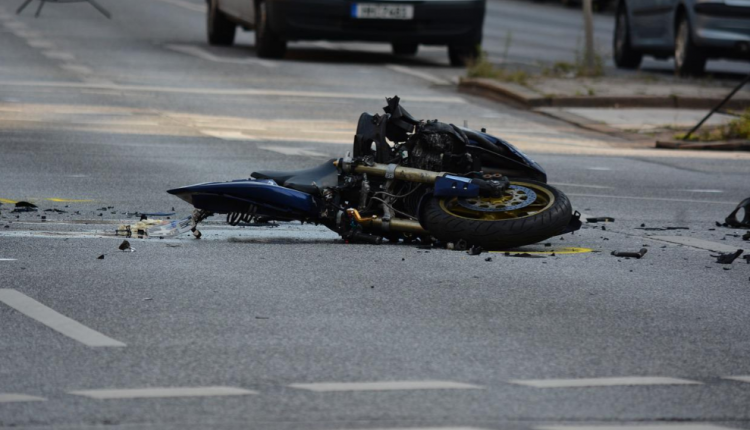Motorcycles are a fun way to get around, particularly during the summer months. However, whether you ride a motorcycle for commuting, daily transportation, or leisure, it’s essential to understand the risks associated with motorcycle riding and how to stay safe on the roads.
Unfortunately, motorcycle accidents do happen, and they can be severe. If you or someone you love was in a motorcycle accident, here are some critical steps to take.
1. Call the police
You should always call the police after a motorcycle accident, even if it seems like a minor fender bender. The police will create an official report of the accident, which can be helpful in any insurance claims or personal injury lawsuits that may result from the accident. You may also need to contact the fire department. However, this will only be necessary if injuries or a vehicle blocks the road and requires removal.
2. Exchange information with the other driver
After you call the police, you will need to exchange information with the other driver. Get the other driver’s name, contact information, insurance company, and policy number. It’s also sensible to take pictures of the other driver’s license and insurance card for your records.
Exchanging information should be the first thing you do after an accident. If you forget to do so, you risk running into problems if you decide to pursue legal action. In addition, should the other driver refuse to give you their information, try to get their license plate number so that you can provide it to the police.
3. Get the contact information of any witnesses
If there are any witnesses to the accident, get their names and contact information. Their testimony could be crucial if you decide to file a personal injury claim or lawsuit. You should also try to take photos or videos of the accident scene, if possible. These can help provide evidence of what happened. If the police arrive at the scene, get a copy of the accident report. Doing so can also help provide evidence of what happened and who was at fault.
4. Seek medical attention immediately
Even if you don’t think you’re injured, it is best to get medical attention. Some motorcycle accident injuries such as internal bleeding may not be immediately apparent. Others like concussions may not show symptoms until days or weeks after the accident. Getting prompt medical attention will ensure that you get the treatment you need and create a record of your injuries, which can be vital if you decide to pursue legal action.
If possible, try to see a doctor specialising in treating motorcycle and automobile accident victims. These doctors are familiar with the types of injuries that can occur in an accident and will be able to provide you with the best possible care.
5. Speak with an attorney
After a motorcycle accident, you should consider speaking with an attorney. An attorney can help you understand your legal rights and options and ensure that you receive fair compensation for your injuries. For motorcycle accidents, you can consult legal experts to assist you.
If the other driver was at fault for the accident, you might be able to file a personal injury claim or lawsuit against them. An attorney can help you determine if this is possible in your case, and can also help you negotiate with insurance companies, file insurance claims, and deal with the legal aspects.
6. Never sign anything without consulting an attorney
Insurance companies sometimes try to take advantage of accident victims by offering low settlements. Never sign a release, waiver, or payment without first consulting an attorney. An attorney can review any documents that insurance companies ask you to sign. They will also ensure that you get appropriate compensation for your injuries.
7. Keep good records
After your accident, keep good records of all your expenses. Expenses include medical bills, lost wages, and any other costs you incur due to the accident. If you were injured, be sure to track your healing as well. If anything comes up further down the road, you will be glad you have this information.
To keep good records, we recommend creating a file where you can store all your accident-related documents. You could also keep a journal or diary to track your healing process. Keeping a log will make it easy to find what you need when you need it.
Final Thoughts
If you are involved in a motorcycle accident, it may be challenging to know exactly what to do. Every accident is different, so motorcycle accidents can be tricky to navigate.
However, by following the steps above, you can ensure that you take the necessary steps to protect your rights and interests. If you have questions or concerns, speak with an attorney who specialises in motorcycle accidents.




